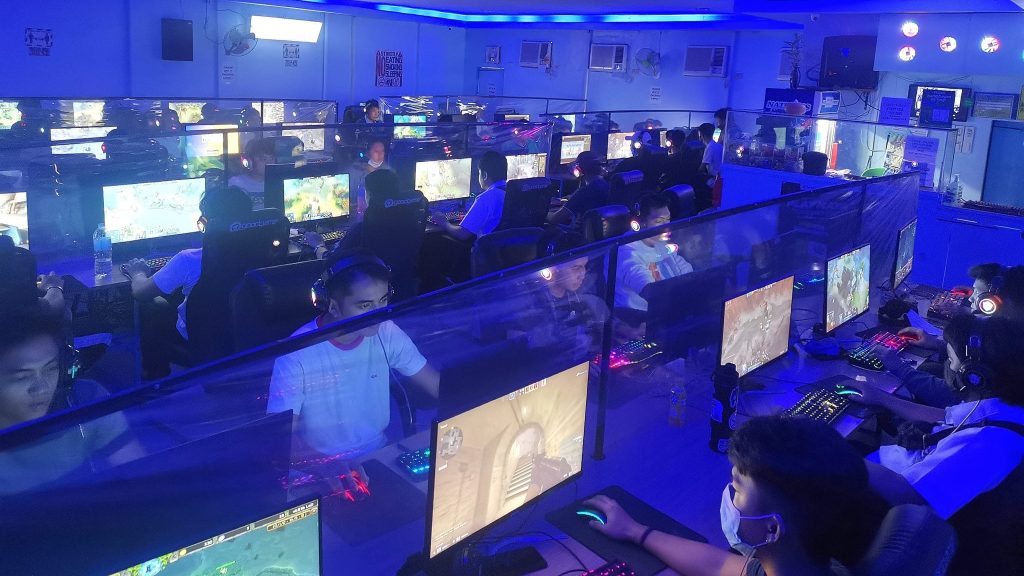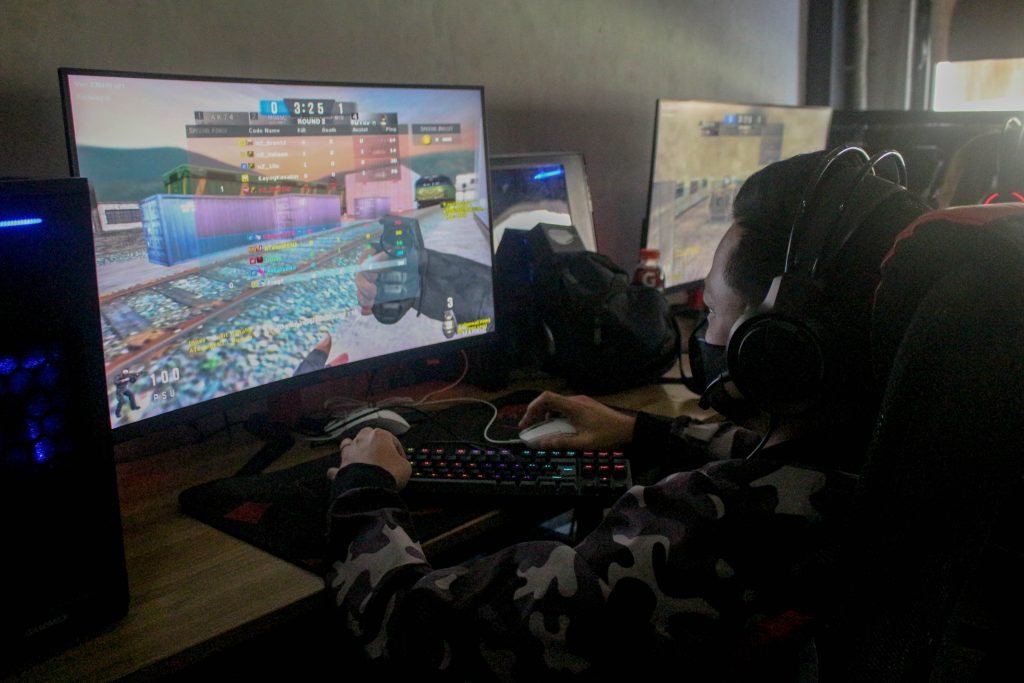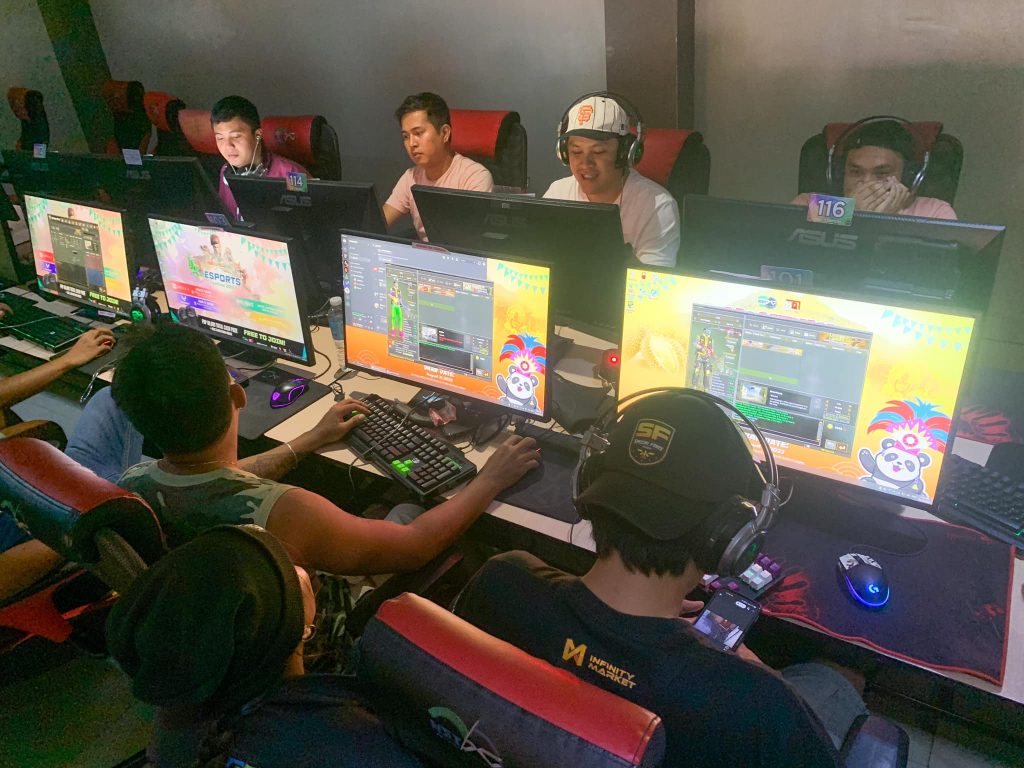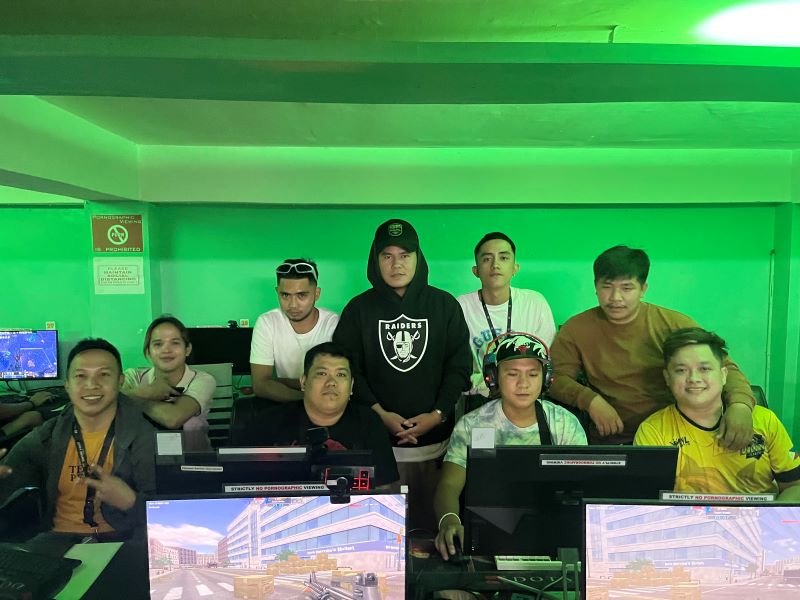[READ] Mental Health: The Critical Importance of Caring for a Player’s Well-Being

In the fast-paced world of gaming, where numerous factors need to be considered, the mental health and well-being of players can inadvertently become secondary to in-game performance and demands of daily life.
Yet, the significance of prioritizing mental health care for these individuals is important than anything else. Engaging in the gaming world should enhance, not detract from, one’s quality of life, making the integration of mental health awareness into practices an essential pursuit.
Understanding the Stakes

First-person shooter (FPS) games are renowned for their intensity and high demands on players. They necessitate rapid reflexes, astute decision-making skills, and unwavering concentration. Such requirements can induce considerable stress, particularly among professional competitors. The relentless pursuit of excellence, combined with extensive practice sessions, can significantly impact mental well-being.
Devoted gamers often invest countless hours into honing their skills, a testament to their enduring passion and commitment to the gaming world.
The Benefits of Gaming

Contrary to common misconceptions, gaming harbors numerous advantages. Studies indicate that moderate engagement in gaming activities can foster mood enhancement, relaxation, stress alleviation, and the sharpening of cognitive functions. Additionally, gaming can act as a beneficial coping strategy, facilitating emotional balance and bolstering self-confidence.
For those facing challenges in socialization, gaming offers a virtual platform to cultivate interpersonal skills through interactions with a diverse array of individuals from various ethnic backgrounds, cultures, and linguistic groups.
Online games offer a variety of benefits that can enhance different aspects of players’ lives:
- Cognitive Development
Games can improve critical thinking, problem-solving, and planning skills. They often require players to follow instructions, consider actions, and respond to challenges, which can enhance cognitive abilities. - Memory and Attention
Engaging in games that require attention to detail and strategy can strengthen memory and focus. Players learn to remember important details and concentrate on achieving game objectives. - Social Skills
Online gaming can foster social interaction and teamwork. It provides opportunities for players to communicate, collaborate, and develop leadership skills in a virtual environment. - Emotional Regulation
Games can help players manage emotions by offering a way to relax and unwind. They also allow for safe experimentation with different responses to challenges and conflicts. - Multitasking
Many games involve handling multiple tasks simultaneously, which can train players to be more effective at juggling various activities in real life. - Enhanced Problem-Solving Skills
Online games often present puzzles and obstacles that require quick thinking and problem-solving. This can translate into improved problem-solving abilities in real-life situations. - Stress Relief
Engaging in online games can be a fun way to relax and relieve stress after a long day. The immersive experience can provide an escape from daily pressures. - Improved Hand-Eye Coordination
Fast-paced games require precise movements and quick reactions, helping to improve hand-eye coordination over time. - Cultural Awareness
Many games feature culturally diverse settings and characters, which can increase cultural awareness and appreciation for different perspectives. - Educational Value
Some games are designed with educational content, teaching players about history, science, math, and literature in an interactive way.
These benefits highlight the potential positive impacts of online gaming when enjoyed in moderation and as part of a balanced lifestyle.
The Risks Involved

Despite these benefits, there’s a darker side to the gaming world. Excessive gaming can lead to addiction, and the competitive nature of FPS games can exacerbate stress and anxiety. The unique demands and health challenges faced by eSports athletes, particularly mental health concerns, are only now beginning to be addressed.
Playing online games can be a source of entertainment and social connection, but there are several factors that can strain the mental health of players:
- Addiction
Excessive gaming can lead to Internet Gaming Disorder (IGD), which is recognized as a mental health condition. It’s associated with various negative outcomes, including psychological symptoms like anxiety and loneliness when not playing. - Physical Health
Prolonged gaming sessions without breaks can cause physical issues such as fatigue, musculoskeletal problems, and sleep disorders. - Social Impact
Online gaming addiction can lead to conflicts with family and friends, and a reduction in real-world social interactions. - Academic and Work Performance
Addiction can also affect academic success and work performance, leading to a lack of focus and attendance issues. - Psychological Morbidities
Depression, anxiety, fatigue, disturbed sleep, trouble concentrating, and low satisfaction with life are related to problematic gaming behavior.
It’s important for players to maintain a balance and ensure that gaming does not negatively impact their daily lives and well-being.
Promoting Positive Mental Health

It’s crucial for the eSports industry to prioritize the mental well-being of its players. This includes recognizing the signs of mental distress and providing comprehensive support systems tailored to the eSports context. Encouraging a balanced lifestyle, promoting healthy socializing, and ensuring players have access to mental health resources are key steps in fostering a healthier gaming environment.
To maintain a healthy approach to online gaming, we have some tips to provide you:
- Set Time Limits
Allocate specific time slots for gaming to prevent excessive play. For example, limit daily gaming to 30-60 minutes on weekdays and up to two hours on weekends. - Use Gaming as a Reward
Offer gaming time as an incentive for completing tasks like homework or chores. - Select Games Wisely
Choose games that are cognitively engaging or promote socialization and empathy. Some games can improve memory or help recognize social cues. - Stay Active
Incorporate physical activity into your routine, even while gaming. This could include exercise breaks or playing games designed for exercise. - Maintain a Balanced Lifestyle
Ensure gaming doesn’t overshadow other important activities like socializing, exercising, or pursuing hobbies. - Hand and Wrist Health
Take regular breaks to stretch and protect your hands and wrists from overuse injuries.
By following these guidelines, you can enjoy online gaming while also taking care of your physical and mental well-being.
Conclusion


As the eSports industry continues to grow, the mental health of players must be a priority. By acknowledging both the benefits and risks of gaming, we can create a supportive environment that allows players to thrive both in and out of the virtual arena.
This blog aims to shed light on the often-overlooked aspect of mental health in the game industry. By understanding the pressures these players face and the importance of mental health care, we can better support them in achieving not just in-game success, but overall well-being.